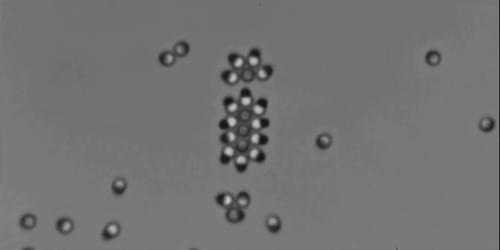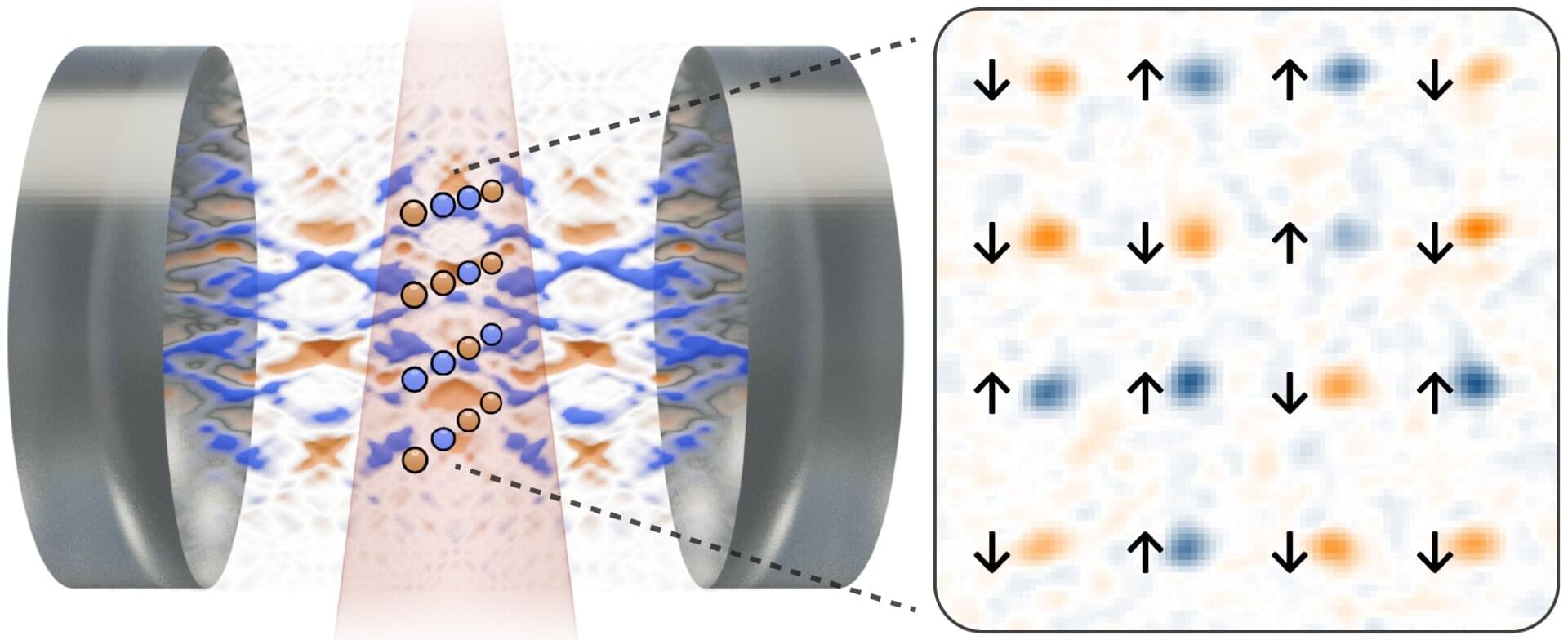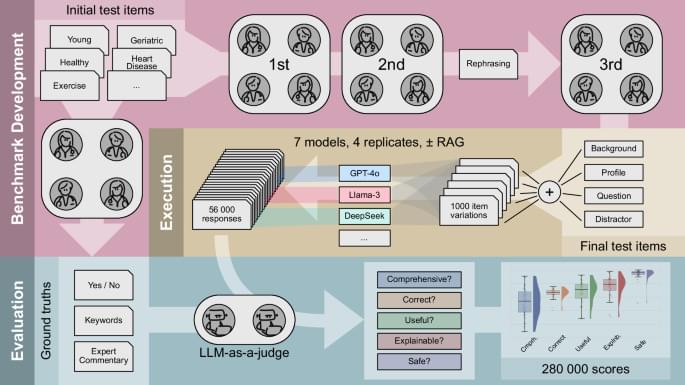England’s health service is trialling an artificial-intelligence tool that can identify skin cancer as accurately as a physician.



In recent years, neuroengineers have devised a number of new modalities for interfacing with the nervous system. Among these are optical stimulation, vibrational stimulation, and optogenetics. A newer and perhaps more promising technology is sonogenetics.
Sonogenetics, the use of focused ultrasound to control cells that have been made ultrasound-responsive via gene delivery, is moving from compelling papers to a potential platform strategy. From a neurotech commercialization standpoint, the significance of sonogenetics is less about a single lab trick and more about the emerging convergence of three capabilities: precise genetic targeting, durable and safe delivery, and field-robust ultrasound systems that work the first time outside the origin lab.
One commercial firm that may be exploiting this technology is Merge Labs. The startup recently made a big splash with a $250 million investment from Open AI and Sam Altman. While the company has not yet released its website and the technical personnel behind the company have not been identified, it is rumored to be working with focused ultrasound implants and sonogenetics as gene therapy. If Merge and its peers can validate durable expression, predictable dose–response, and reliable outside-the-lab bring-up, a first wave of indications will likely sit at the intersection of neurology, psychiatry, and rehabilitation, with longer-term spillover into human-machine interaction.

ExpressVPN: Right now you can get an extra four months of ExpressVPN for free. Just scan the QR code on the screen, or go to https://ExpressVPN.com/PIERS and get four extra months for free.
Two years ago, Elon Musk was among a thousand experts to sign an open letter demanding an urgent pause on the advancement of Artificial Intelligence because of the risks concerning job losses, misinformation and more.
But now Musk is now spending a billion dollars a month to compete in an AI arms race, which is inflating the stock market to bursting point.
Amazon just laid off 14,000 workers in its ongoing A.I pivot — so, are the worst fears of doomsaying experts already coming true?
Joining Piers Morgan to discuss are respected thinkers in this field; Dr Roman Yampolskiy, Dr Michio Kaku, Alex Smola and Avi Loeb.
Then; he’s performed for presidents, billionaires and sports stars, but Oz Pearlman’s recent extraction of Joe Rogan’s pin number may have been his biggest hit yet.
If you’ve ever wondered what exactly an AI attack, takeover, and/or extermination of humanity would like and how if it occurred in the VERY near future (or even if you do), this is a video you really need to see.
Highly recommend the full book, which goes into way more detail: https://amzn.to/4qeJgFL
Detailed sources: https://docs.google.com/document/d/1o8N5hiV9dXsoi27RIA5-XVCh…sp=sharing.
Hey guys, I’m Drew. This video has taken literally months to finish, so if you liked it, would really appreciate a sub smile
I also post mid memes on twitter: https://twitter.com/PauseusMaximus.

Frontier reasoning models have exhibited incredible capabilities across a wide array of disciplines, driven by posttraining large language models (LLMs) with reinforcement learning (RL). However, despite the widespread success of this paradigm, much of the literature has been devoted to disentangling truly novel behaviors that emerge during RL but are not present in the base models. In our work, we approach this question from a different angle, instead asking whether comparable reasoning capabilites can be elicited from base models at inference time by pure sampling, without any additional training. Inspired by Markov chain Monte Carlo (MCMC) techniques for sampling from sharpened distributions, we propose a simple iterative sampling algorithm leveraging the base models’ own likelihoods. Over different base models, we show that our algorithm offers substantial boosts in reasoning that nearly match and even outperform those from RL on a wide variety of single-shot tasks, including MATH500, HumanEval, and GPQA. Moreover, our sampler avoids the collapse in diversity over multiple samples that is characteristic of RL-posttraining. Crucially, our method does not require training, curated datasets, or a verifier, suggesting broad applicability beyond easily verifiable domains.

Coaxing tiny, self-propelled particles into cohesive structures suggests an approach for making micromachines inspired by living systems. Taking a step toward that goal, researchers have poked and prodded strands of material made from such “active” particles and measured their responses [1]. Understanding the mechanics of structures like these will be essential for the design of devices such as cilia sheets or autonomous microrobots that perform tasks in materials assembly or medicine.
Active matter refers to collections of objects that can move on their own via some energy-consuming process. For 15 years, researchers have studied active fluids that, for example, model the emergent behaviors typical of flocking birds or schooling fish. More recently, researchers have begun to explore active solids—semirigid structures made from active particles. These structures could, in principle, change their shapes in controlled ways or adapt their locomotion to suit their surroundings.
Jérémie Palacci of the Institute of Science and Technology Austria and his colleagues previously designed an active solid made from 2-µm-diameter particles submerged in water [2]. Each particle is a plastic sphere with a hematite cube fixed to its surface. When exposed to blue light, the hematite reacts with hydrogen peroxide in the water and emits the reaction products, a bit like an underwater jet.


Spin glasses are physical systems in which the small magnetic moments of particles (i.e., spins) interact with each other in a random way. These random interactions between spins make it impossible for all spins to satisfy their preferred alignments; a condition known as ‘frustration.
Researchers at Stanford University recently realized a new type of spin glass, namely a driven-dissipative Ising spin glass in a cavity quantum electrodynamics (QED) experimental setup. Their paper, published in Physical Review Letters, is the result of over a decade of studies focusing on creating spin glasses with cavity QED.
“Spin glasses are a general model for complex systems, and specifically for neural networks—spins serve as neurons connected by their mutually frustrating interactions,” Benjamin Lev, senior author of the paper, told Phys.org.

The use of large language models (LLMs) in clinical diagnostics and intervention planning is expanding, yet their utility for personalized recommendations for longevity interventions remains opaque. We extended the BioChatter framework to benchmark LLMs’ ability to generate personalized longevity intervention recommendations based on biomarker profiles while adhering to key medical validation requirements. Using 25 individual profiles across three different age groups, we generated 1,000 diverse test cases covering interventions such as caloric restriction, fasting and supplements. Evaluating 56,000 model responses via an LLM-as-a-Judge system with clinician validated ground truths, we found that proprietary models outperformed open-source models especially in comprehensiveness. However, even with Retrieval-Augmented Generation (RAG), all models exhibited limitations in addressing key medical validation requirements, prompt stability, and handling age-related biases. Our findings highlight limited suitability of LLMs for unsupervised longevity intervention recommendations. Our open-source framework offers a foundation for advancing AI benchmarking in various medical contexts.
Silcox, C. et al. The potential for artificial intelligence to transform healthcare: perspectives from international health leaders. NPJ Digit. Med. 7, 88 (2024).